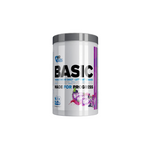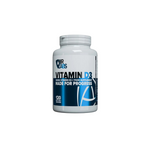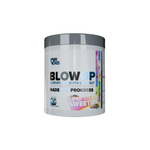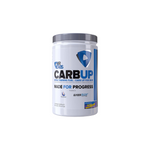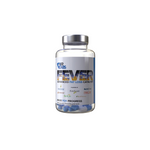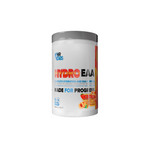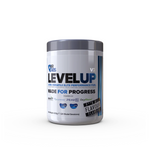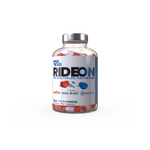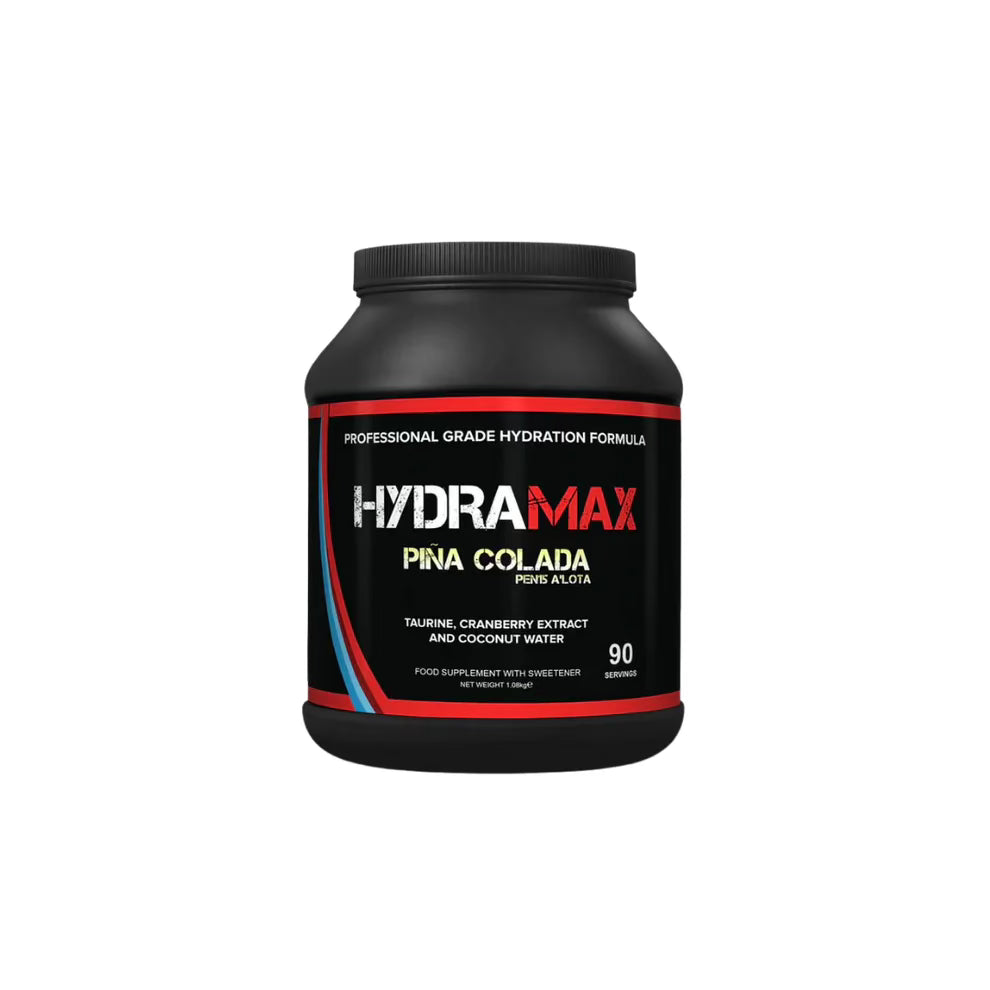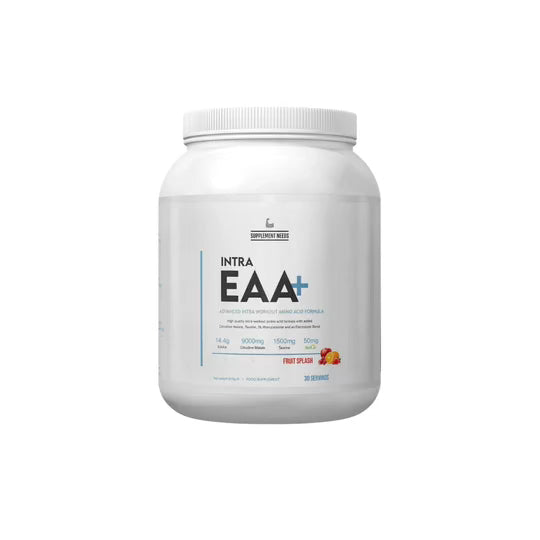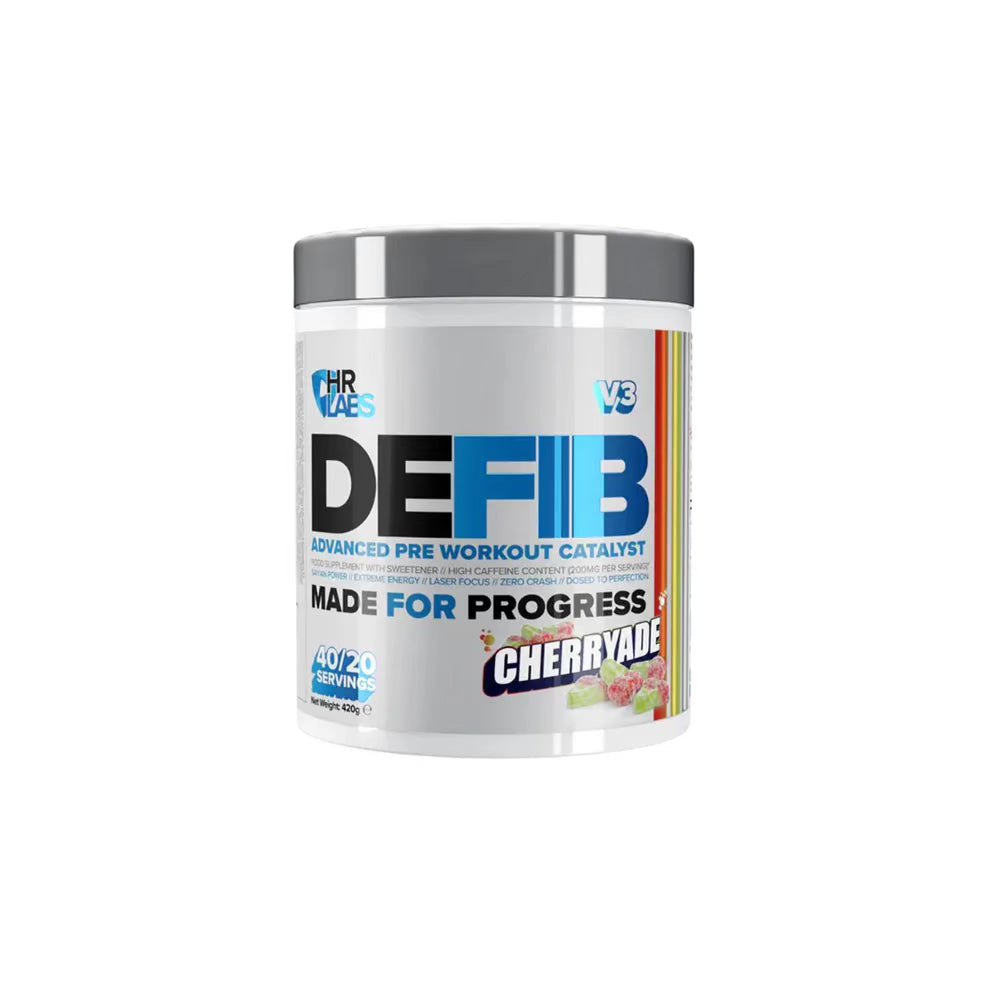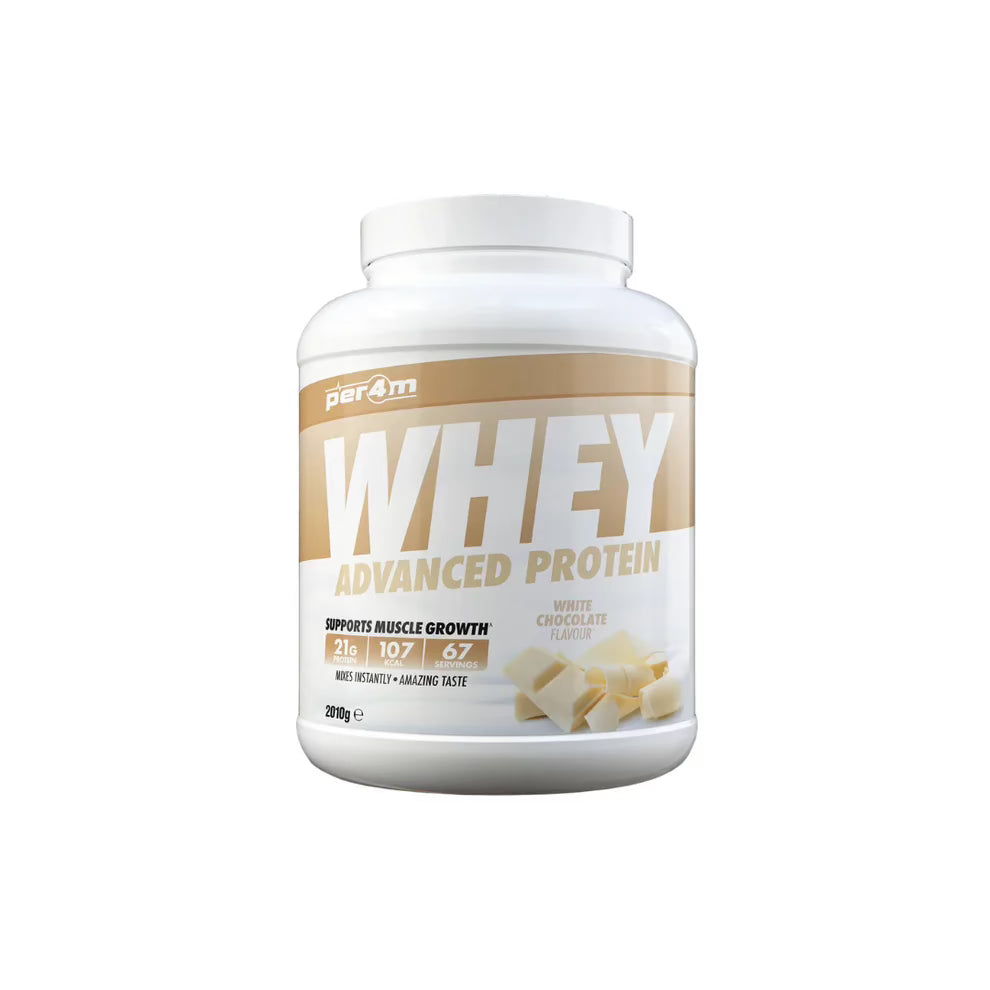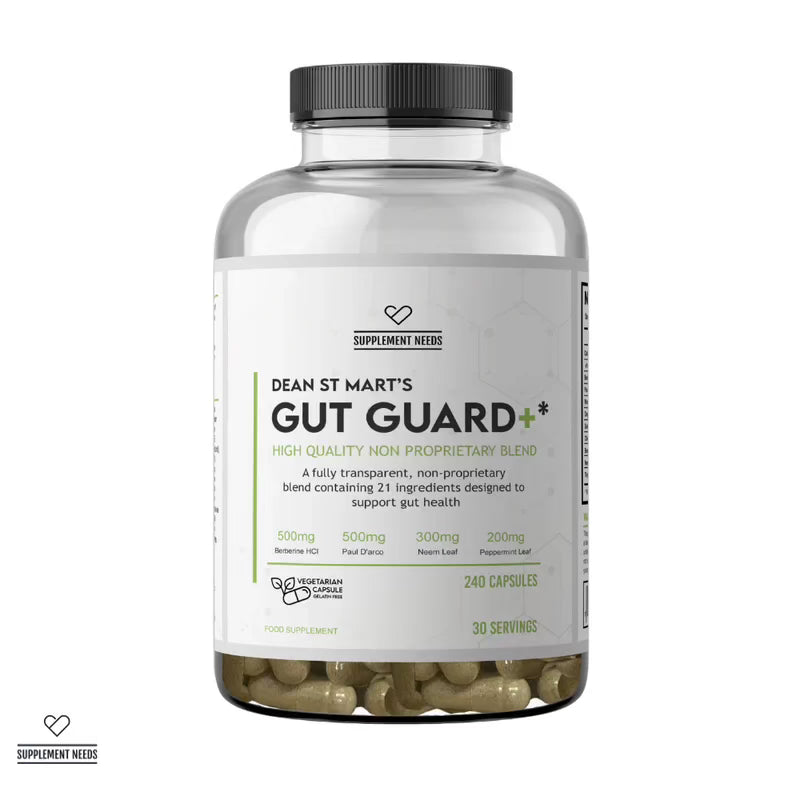The recent COVID-19 pandemic has highlighted, for many, the need for a healthy immune system. However, few know the role that diet plays in protecting you from toxins and infections, and as a result many of our diets fall short of what is needed to support our immune system. Healthy foods provide many substances, including a range of vitamins and minerals which are involved in keeping the body strong and healthy. However, for those not reaching their vitamin and nutrient targets, a supplement can also provide the body with the nutrients it needs. Here we will discuss: the most important vitamins and nutrients for maintenance of a healthy immune system, why they are important, and how you can ensure that you are getting them in your diet.
What is the immune system?
The immune system is a complex network of cells, tissues, organs and substances that defends the body from foreign, invading organisms by promoting protective immunity. It is the system responsible for exterminating harmful invaders and building antibodies to protect from the same invaders in the future, however the immune system relies on a variety of vitamins and nutrients to make sure that it can function effectively.
What role does vitamin C play in the immune system?
Vitamin C plays a vital role in the immune system, strengthening the immune system in over 20 ways. Vitamin C is primarily found in white blood cells, the cells which are responsible for helping the body to fight infection and other diseases, where it can support the cellular immune response, enhances the function of white blood cells, as well as helping to extend the life of certain white blood cells.
What foods contain vitamin C?
Vitamin C is found in a diverse range of different foods, primarily in fruits and vegetables such as spinach, strawberries and citrus fruits. Vitamin C is in such a range of foods that many would not need a vitamin C supplement, however the body is bad at absorbing vitamin C and those concerned about the levels of vitamin C in their diet are able to use a supplement.
What role does vitamin E play in the immune system?
Vitamin E has two primary roles within the immune system. First, it acts as an antioxidant, helping to protect cells from damage caused by ‘free radicals’, which are formed when our body converts food into energy, as well as some coming from the environment through cigarette smoke, air pollution and UV light. Secondly, it boosts the immune system so it can better fight off harmful invaders by widening blood vessels and keeping blood from clotting. However, vitamin E’s role goes beyond this, with it being part of close to 200 different biochemical reactions in the body.
What foods contain vitamin E?
High-fat plant foods are the primary source of vitamin E, with almonds, peanuts and plant-based oils (such as olive or sunflower oil) particularly high in the vitamin. Vitamin E is also often supplemented, with many multivitamin supplements containing it due to its important role in the immune system and general bodily function.
What role does vitamin A play in the immune system?
Vitamin A has a diverse range of roles in the body, including being involved in the development of the immune system, and playing a regulatory role in cellular immune response. Some studies have also demonstrated that Vitamin A shows a therapeutic effect in the treatment of various infectious diseases.
What foods contain vitamin A?
Vitamin A comes in two forms, from two different sources. The first form comes from animal foods such as fish, meat and dairy (with Tuna being particularly high in vitamin A). The second form comes from plants, with carrots, pumpkin, sweet potato and leafy greens being particularly good sources. Vitamin E is also often supplemented, with many multivitamin supplements containing it due to its important role in the immune system and general bodily function.
What role does vitamin D play in the immune system?
Whilst Vitamin D plays a crucial role in regulating nutrient absorption for bones, it is also extremely important in the proper functioning of the immune system. It promotes immune response, is crucial for the activation of immune system defences and aids in the regulation of the immune system. It is so important for immune function that vitamin D deficiency has been associated with decreased defence from infection, disease and immune-related disease.
What foods contain vitamin D?
Vitamin D is often known as the sunshine vitamin, with the primary source of vitamin D for most people being from interactions between within the body when subjected to UV light. Food sources of vitamin D are limited, though tuna, salmon and mackerel, as well as fortified juices, milk and cereal can contain it. Vitamin D is amongst the most supplemented vitamins, due primarily to many not getting enough sunlight to reach the bodies needs. This is at its greatest in the Winter, with shorter days leading to people getting less vitamin D.
What role does Folate play in the immune system?
Folate’s role in the creation of DNA indicates that it could aid immunity, with some studies showing that cell-mediated immunity is particularly impacted by the adequacy of the folate levels.
What foods contain Folate?
Beans and lentils are particularly good source of folates, as well as leafy greens and avocado. Folates are often also found in fortified foods such as enriched pasta, bread and cereals.
What role does Iron play in the immune system?
Iron is an essential mineral for both the first and the secondary immune response. A shortage of iron can degrade non-specific immunity, the bodies first line of defence against pathogens, whereas a healthy iron intake can help the function of the immune system in a diverse range of ways. Generally, women need a higher intake of iron, especially those that are pregnant.
What foods contain Iron?
Iron comes in different forms, with the most easily absorbable form being heme iron, which is found in animal products. Some examples are red meat, chicken and certain mollusks. However, for those that don’t eat meat, beans and seeds, broccoli and leafy greens like kale are good sources of iron. Many cereals are also fortified with iron. Like many of the other vitamins and nutrients, those that do not get enough iron in their diet can also take an iron supplement to ensure they get their daily needs.
What role does Selenium play in the immune system?
Selenium is an antioxidant that plays an important role in the health of your immune system, with studies demonstrating that increased blood levels of selenium enhance immune response. As an antioxidant, selenium helps to lower oxidative stress in your body, which in turn reduces inflammation and enhances immunity.
What foods contain Selenium?
Animal foods such as seafood, meat and poultry generally contain selenium. Another good source is Brazil nuts. However, it is worth noting that too much selenium can have a negative impact on the body, so it is worth tracking your selenium. Like many of the vitamins and minerals included here, selenium is often found in multivitamin supplements.
What role does Zinc play in the immune system?
Zinc is known to play a central role in the immune system, with those deficient in zinc experiencing an increased susceptibility to a variety of pathogens. Zinc effects multiple aspects of the immune system and is crucial for the normal development and function of the cells mediating nonspecific immunity and the natural killer cells.
What foods contain Zinc?
Zinc is found primarily is animal foods, however it can also be found in many vegetarian foods such as chickpeas, yoghurt, beans and certain sea foods. Like many of the other vitamin and minerals mentioned here, due to its crucial role both in the immune system and other bodily functions, zinc is included in many supplement stacks. Some of them have a focus on immune function, whilst others focus on digestion and sleep.

